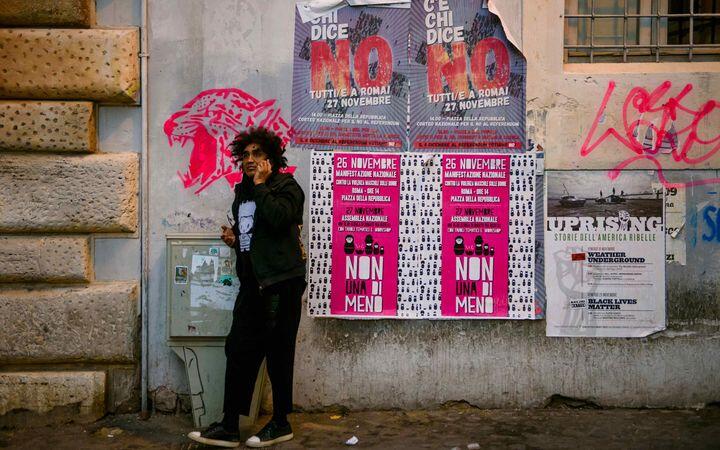Italy holds a referendum tonight on the government’s plan for a comprehensive reform of the constitution.
The vote is on Prime Minister Matteo Renzi’s plans to abolish the elected upper house Senate and replace it with a chamber of regional representatives with diminished powers.
He also plans to move ahead with a major economic reform package, and is also proposing taking back some key decision-making powers from the regions.
Mr Renzi earlier managed to gain parliamentary approval for the overhaul, but failed to clinch the support of the required two thirds of lawmakers.
As a result, and because the proposed change involves the constitution, he has had to call a referendum to get the needed reforms passed into law.
Opinion polls are banned in the last two weeks of campaigning, however, the final ones that came through indicated the “no” camp well ahead, but with up to 25 percent of voters still undecided.
The critics say the constitutional reforms risk undermining basic safeguards put in place after World War II to prevent the rise of a new strongman in the mould of Mussolini.
Despite this, few dispute that economic reforms are necessary: The Italian economy has stagnated for 16 years, and unemployment is high at 11.5 percent.
With the exception of Greece, Italy has had the worst performance of any Eurozone nation since the 2008 financial crisis.
However, the irony is that many Italians may well vote “no” just to send a message to the Renzi government over its perceived failure to institute promised economic reforms – exactly the reforms he now proposes, but needs the constitutional change to implement.
Mr Renzi himself has said he will resign if the “no” vote wins the day, but if that does eventuate he may well be convinced to stay on with a new, but limited, mandate to make the necessary electoral reforms before a general election early next year.
If Mr Renzi insists on stepping down, Italy may find itself once again under the interim administration led by a technocrat – who could possibly be the current Economy Minister, Pier Carlo Padoan.
Mr Renzi head-hunted Mr Padoan from the Organisation for Economic Co-operation and Development (OECD), where he was deputy secretary-general and chief economist.
Prior to that, the 64-year-old was Italy’s executive director at the International Monetary Fund and a professor of economics at La Sapienza University in Rome.
If he wins, Mr Renzi’s position will be bolstered across the region, and within his own broken Democratic party. Italy will be in a strong position to push its anti-austerity message in Brussels.
Whatever happens on Sunday, Italy will not be heading to a snap election. Instead, the parties will try to thrash out a new election law, and that law will almost certainly be formulated with both the main centre-left and centre-right parties in mind.
It will not have significant input from the opposition “Five Star” movement, which has pushed for the referendum in the first place.
The party’s key initiatives – the “five stars” from which it takes its name – are protecting the environment, public ownership of resources, making internet access a human right, and promoting sustainable development and sustainable transport.
Five Star is also calling for a referendum on Italy’s membership in the Eurozone, and the renegotiation of the country’s massive public debt – both moves that could severely damage the EU if they came to pass.
Source: Radionz











